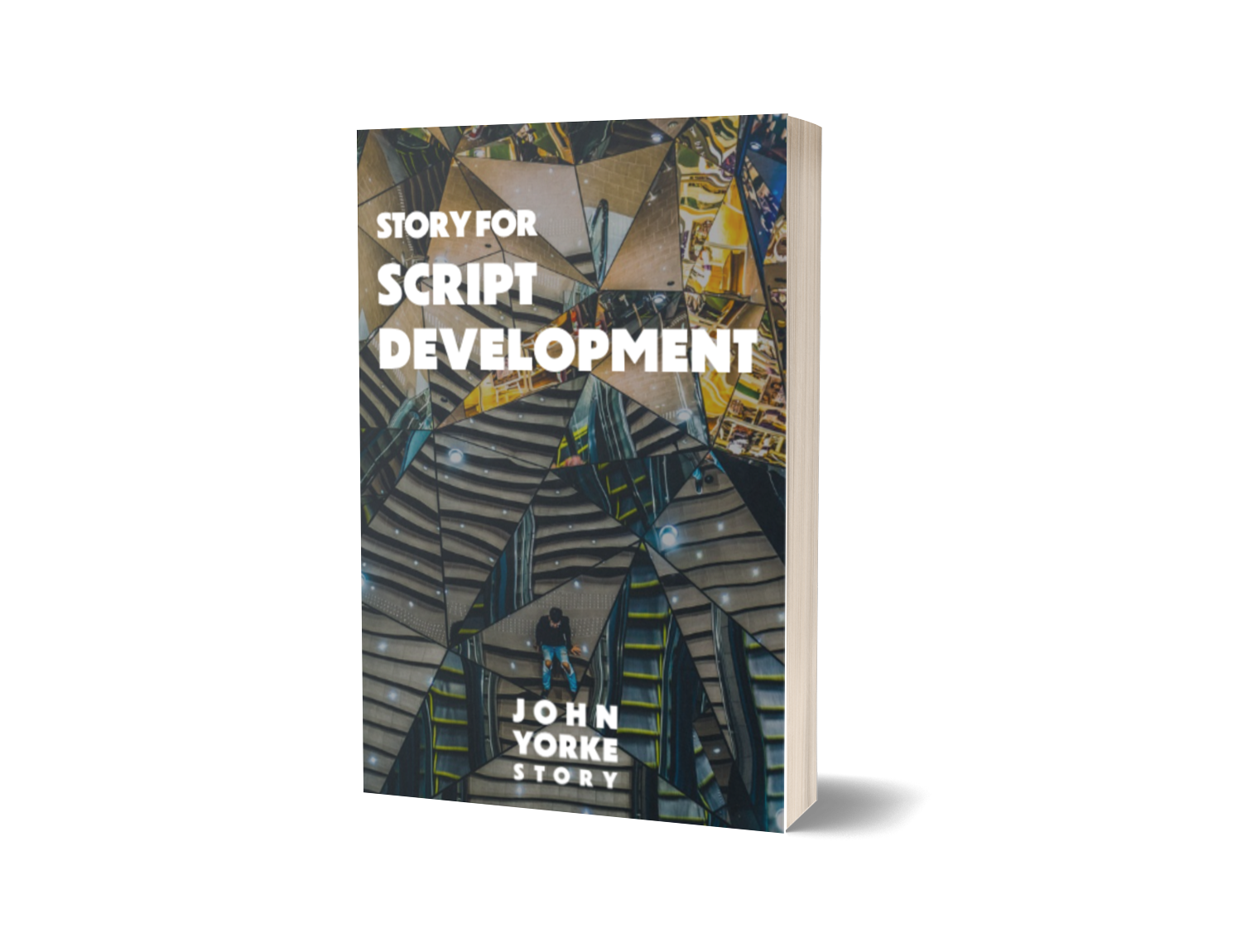1 – Get to the inciting incident as quickly as possible.
Many new writers have a tendency to focus on conveying and describing their created world to the audience first, before the inciting incident occurs.
I’ve read 100-page scripts where nothing of any narrative function or value happens until page 40 or 60… and when I say nothing happens, there may be nice colour, texture and atmosphere, but the plot doesn’t kick in early enough. In other words – the protagonist isn’t called to act with a clear goal.
You must hook your audience as early as you can with an inciting incident. Tease them by giving them a promise of what they can expect. If you do this, they’ll stay watching (and the reader will keep reading). Think about the many TV series where the inciting incident takes place in the pre-opening titles.
2 – Make sure the inciting incident arouses a desire in the protagonist.
Some inexperienced writers often make the mistake of having an inciting incident that doesn’t call the protagonist to act.
This might sound surprising, as the two are inextricably linked, but I’ve read many scripts that may have an event that turns the story on its head (the inciting incident), but no one single character is directly affected, and therefore there’s no clear narrative drive.
You must make sure your inciting incident turns someone’s life upside down, prompting them to embark on a mission that they have to achieve.
You need to put as many obstacles as you can in the protagonist’s way to prevent them from achieving their goal.
– Kieran Grimes
3 – The inciting incident needs to give the protagonist a mission that will drive them for the entire story.
I’ve often read scripts where the inciting incident may arouse a want in the protagonist but the ensuing quest is quickly achieved, leaving no clear goal for the rest of the story.
So you need to put as many obstacles as you can in the protagonist’s way to prevent them from achieving their goal.
Yes, they can have some initial success with bringing about their mission, but avoid them getting what they completely want too soon (ideally they never get what they want, but let’s save that for another discussion).
The problem resolved at the end of the script should be the same one that’s created at the start by the choice the protagonist makes at the inciting incident. If a different problem is resolved at the end to the one created at the start, then there’s a problem.





